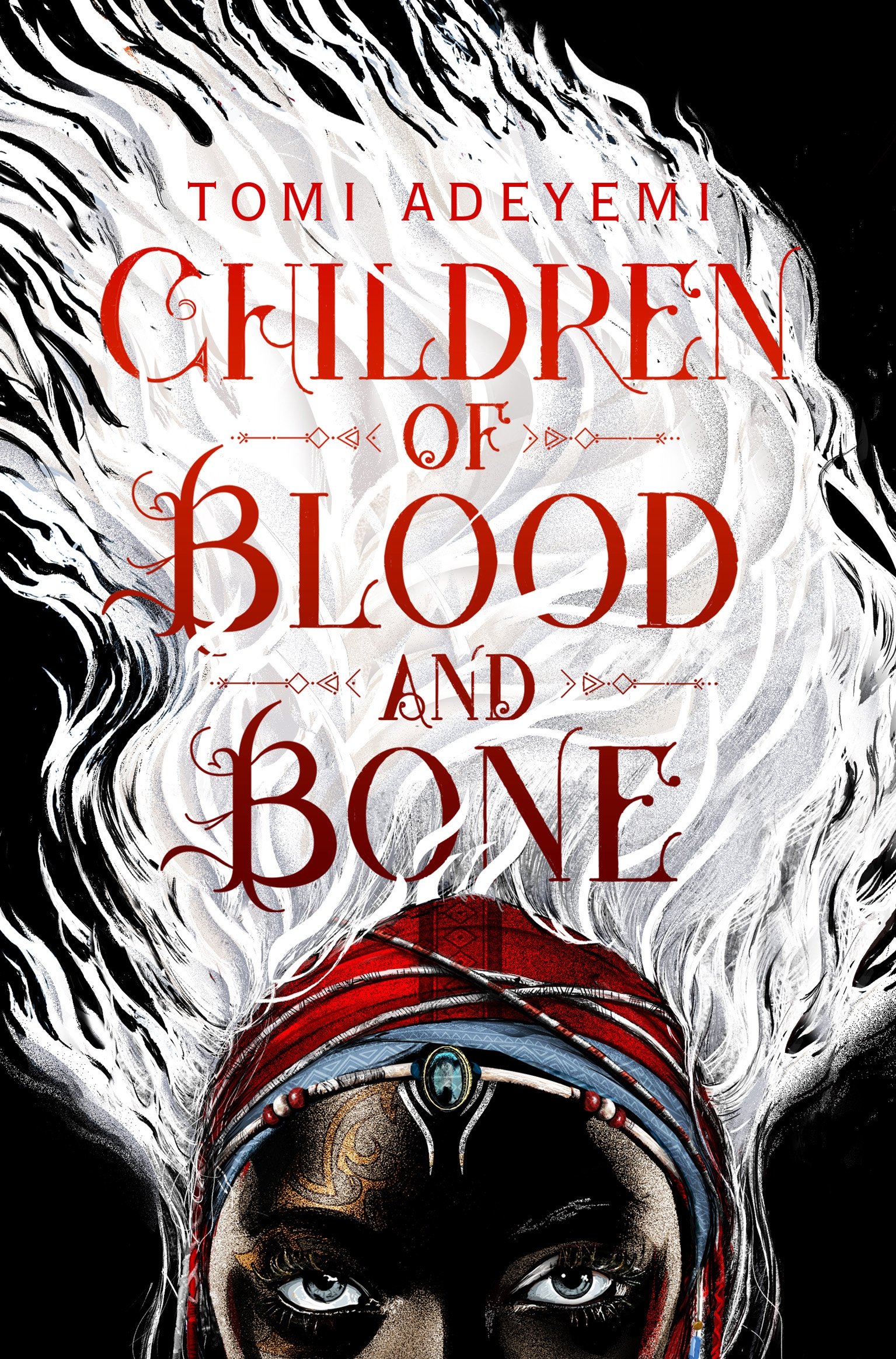"... eleven years ago, magic disappeared. Only the gods know why."
....I know the truth. I knew it the moment I saw Mama in chains, hanging with the maji of Ibadan from that lifeless tree. The gods died with our magic.
They're never coming back. [loc. 243]
I am not the target audience for this YA fantasy novel, rooted in West African mythology. I am glad it exists and has garnered so much praise, but I didn't find it satisfying. In fact, it took me three starts before I got more than a quarter of the way through.
There are three narrators: the protagonist is Zélie, who saw her mother murdered for being a 'maggot' -- the derisory name for magic-users, or maji, who have straight white hair rather than the more usual black curls. Zélie is tough, capable, a fighter: she also has a hot temper.
The second viewpoint character is Amari, a princess who sees her father kill the slave-girl who was Amari's best friend -- and who turns out also to have been a maji. Fleeing the palace, she encounters Zélie, and discovers that their fates are linked.
Unfortunately, they are pursued -- by Amari's brother Inan, the third narrator. He is determined to take his sister home; unaccountably drawn to Zélie; and deeply afraid of the white streak in his own hair, the whiteness that no dye can hide ...
The setting and world-building is rich and detailed, a blend of Yoruba religion and Nigerian geography with fantastical elements. (I was bemused by trying to visualise a 'bull-horned lionaire', or a 'horned leopanaire'.) The magical system is clearly described: there are ten clans of maji, each with a different deity and domain. Eleven years before the story begins, the Raid -- a wholesale slaughter of maji by the king's soldiers -- apparently wiped magic from the face of the earth. The aftershocks of that slaughter resonate throughout Orisha.
Thematically, Children of Blood and Bone deals with power and corruption, and especially the oppression of a disempowered group. The cruelty and injustice of the king's forces is horribly reminiscent of contemporary brutality. The poverty in which Zélie and her family live contrasts sharply with the opulence of the royal palace: again, not a million miles from our own inequalities.
Unfortunately I found the plot (collect some magical items, go to a temple, perform a ritual at the solstice) rather cliched; and I was thoroughly unconvinced by the budding romance between Zélie and Inan. The writing style didn't engage me, either: short punchy sentences, dialogue that was sometimes melodramatic and sometimes flat, some clunky phrases ('on the coast of the sea'). And I felt that there were too many vividly-described scenes of violence and murder.
I wish this book, and others like it, had existed when I was a teenage fantasy reader. I will be interested to see how Tomi Adeyemi's writing develops over her next few novels.
[I received a free copy of this novel, via NetGalley, as part of the Hugo Award Voters' Pack.]

No comments:
Post a Comment